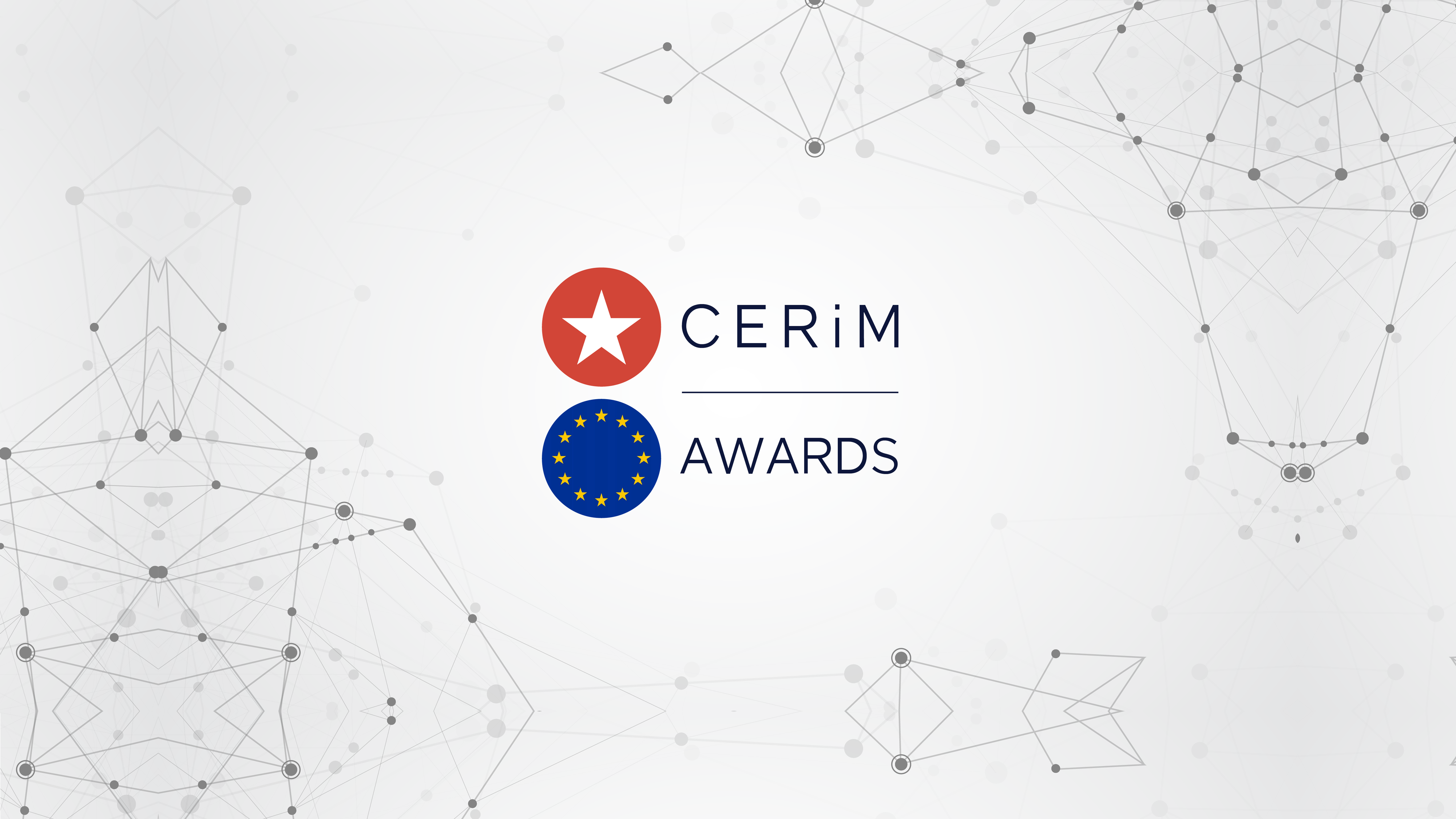CERiM Awards
Rewarding outstanding interdisciplinary research, the Centre for European Research in Maastricht (CERiM) has conferred in the academic year 2021-2022 one special prize of €1000 to finance research and/or teaching-related activities.
Communicating Europe Award for Outstanding Interdisciplinary Research
Increasing specialisation has resulted in further fragmentation of expertise, limited engagement across disciplines and research traditions, and even duplication of similar research. Bridging or transcending disciplinary boundaries therefore becomes ever more important and can be achieved in research, in the design of curricula or through public discussion and debate.
The 2021-2022 CERiM Communicating Europe Award for Outstanding Interdisciplinary Research was conferred to Clara Weinhardt (Politics Department, UM), Karsten Mau (SBE, UM) and Jens Hillebrand Pohl (Law, UM/CELIS Institute). Their contribution entitled “The EU as a geoeconomic actor? A review of recent European trade and investment policies” combines expertise and methods from three disciplines (political science, economics, and law) and is forthcoming in “Geoeconomics in a Changing Global Order”, edited by Milan Babic, Adam D. Dixon, Imogen T. Liu (Palgrave IPE Series).
The so-called geoeconomic turn stands for the increased tendency of countries to use economic policy instruments to promote or defend national interests vis-à-vis trading partners or rival powers. Scholars note a similar shift in trade and investment policies of the European Union (EU). However, only few studies examine whether this proclaimed shift at the policy level is reflected in outcomes.
Against this background, the study examines the EU’s ability to position itself as a defensive geoeconomic actor and seeks to bring into contact and integrate three epistemic communities into a joint discourse around a phenomenon of common interest – geoeconomics. Based on three exploratory case studies, the study finds that the EU’s own framing of what makes a policy initiative “geoeconomic” varies widely, and does not always correspond to the legal design or economic implications of a given initiative. The picture emerging from combined disciplinary perspectives is that the EU’s ability to act in line with its own geoeconomic ambitions is challenged at the implementation level by lack of alignment of individual EU Member States with a common EU policy stance
-
-
Previous Awardees
Winners of the 1st edition 2019-2020
Communicating Europe Award for Research-Teaching Integration
Dr. Aline Sierp & Dr. Vincent Lagendijk: "Research Master European Studies - History Track"
Dr. Afke Groen & Dr. Patrick Bijsmans: “FASoS Teaching & Learning blog”Communicating Europe Award for Outstanding Interdisciplinary Research
Dr. Ferenc Laczo & Dr. Luka Lisjak Gabrijelcic: “The Legacy of Division: East and West after 1989”
Dr. Diane Fromage: “The ECB’s accountability in a multilevel European order”
Ms. Pauline el Khoury: "EuroTeachers"Winners of the 2nd edition 2020-2021
Communicating Europe Award for Research-Teaching Integration
Prof. Susan Schreibman and Dr. Costas Papadopoulos: "Digital Collections I and II"
Communicating Europe Award for Outstanding Interdisciplinary Research
Dr. Ferenc Laczo et al.: "The Routledge History Handbooks of Central and Eastern Europe in the Twentieth Century"

